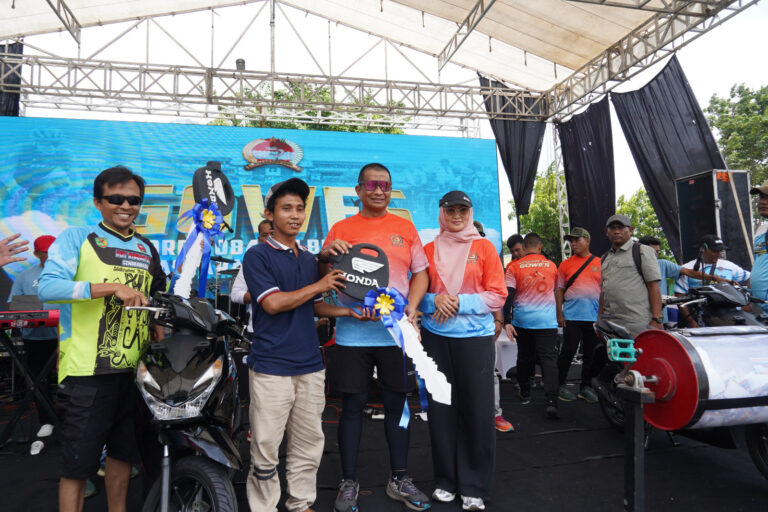India’s journey in the realm of psychological counseling reflects a blend of traditional practices and modern advancements, with significant contributions from Indian famous psychologists who have pioneered approaches tailored to the country’s unique cultural landscape. Figures such as Dr. R. K. Ramachandran and Dr. Ashis Nandy have laid the foundation for an evolving field that integrates both Western psychological frameworks and Indian philosophies. This merging of influences has fostered a more formalized, accessible structure to mental health support across India, addressing a wide spectrum of mental health needs and breaking long-held societal stigmas. Here, we explore the comprehensive development, practices, and diverse approaches that characterize Indian psychological counseling today.
The Evolution of Psychological Counseling in India
India’s psychological counseling landscape has evolved significantly, shaped by both traditional beliefs and Western psychological frameworks. Historically, Indian society has held a complex relationship with mental health, often considering issues such as anxiety, depression, and mental illness as taboo subjects. However, the past few decades have witnessed a remarkable shift in attitudes, with increased awareness, acceptance, and demand for professional mental health services.
The incorporation of Western psychological principles with indigenous practices has contributed to a unique and culturally sensitive approach to counseling in India. Influential figures, including psychiatrists and psychologists from both India and abroad, have played crucial roles in advocating for mental health education, establishing counseling as a legitimate profession, and addressing India’s distinct psychological needs.
Understanding Indian Approaches to Psychological Counseling
1. The Role of Culture in Counseling
In India, culture heavily influences the counseling process. Traditional Indian values emphasize family, community, and collective well-being, which can directly impact how individuals perceive mental health and seek help. Indian psychological counseling often integrates a family-centered approach, considering the role of family dynamics, social expectations, and community involvement in the healing process. This cultural emphasis creates a supportive, holistic environment where clients feel understood and validated.
2. Integration of Traditional and Modern Therapies
India’s psychological counseling practices often involve a fusion of traditional and modern therapeutic techniques. Many counselors incorporate elements of ancient Indian philosophies, such as yoga, meditation, and Ayurveda, along with contemporary psychological methods like Cognitive Behavioral Therapy (CBT), Person-Centered Therapy, and Psychodynamic Therapy. This integrative approach helps address mental health issues from multiple dimensions, providing clients with personalized, culturally relevant care.
3. The Importance of Holistic Well-being
The Indian approach to counseling often emphasizes holistic well-being, a concept deeply rooted in Indian philosophy. Rather than focusing solely on symptom management, counselors strive to address the interconnectedness of the mind, body, and soul. Practices like mindfulness, breathwork, and dietary regulation are frequently recommended to support overall wellness. This holistic focus on mental health enables clients to lead more balanced lives, building resilience and promoting long-term healing.
Types of Psychological Counseling Services in India
1. Individual Counseling
Individual counseling is among the most common forms of psychological support in India, focusing on one-on-one sessions between the counselor and the client. This personalized approach allows individuals to explore issues such as anxiety, depression, stress, and trauma in a confidential, supportive setting. Trained counselors offer a non-judgmental space where clients can openly discuss their struggles and work towards personal growth.
2. Family Counseling
In the Indian context, family counseling holds particular importance due to the central role of family in individual identity and decision-making. Family counselors address issues such as marital conflicts, parenting challenges, and intergenerational differences. These sessions promote open communication, mutual understanding, and harmony within family units, often resulting in improved relationships and emotional health.
3. Career Counseling
As career pressures rise in India, career counseling has become an essential service. Students and young professionals frequently seek guidance in choosing suitable career paths, understanding their strengths, and navigating academic pressures. Career counselors use various assessments to help clients identify their aptitudes and interests, empowering them to make informed career choices aligned with their goals and aspirations.
4. School and College Counseling
Educational institutions across India are increasingly incorporating counseling services to address the psychological needs of students. School and college counselors provide support for issues like academic stress, peer pressure, and emotional regulation. They play a vital role in helping students develop self-awareness, resilience, and coping mechanisms that contribute to their academic success and overall well-being.
5. Corporate Counseling
Corporate counseling, or Employee Assistance Programs (EAP), has gained popularity in India’s corporate sector. Recognizing the impact of mental health on productivity, many organizations now offer counseling services to their employees. These programs focus on stress management, work-life balance, and personal development, helping employees maintain mental well-being in the workplace.
Challenges Faced by Psychological Counseling in India
1. Stigma Surrounding Mental Health
Despite progress, mental health stigma remains a significant barrier in India. Deep-seated beliefs and societal taboos often discourage individuals from seeking psychological counseling, fearing judgment or discrimination. This stigma can prevent those in need from accessing timely support, leading to prolonged suffering and unresolved issues. Public education and mental health advocacy are essential to reduce stigma and encourage acceptance of psychological counseling.
2. Limited Access to Trained Counselors
In India, the demand for trained mental health professionals far exceeds the supply, particularly in rural areas. A shortage of qualified counselors and psychologists restricts access to quality mental health care, leaving many without adequate support. Efforts to increase the number of professionals, especially in underserved regions, are necessary to bridge this gap and make counseling services more accessible to all.
3. Affordability of Counseling Services
Affordability remains a significant concern, especially for economically disadvantaged populations. While some institutions and NGOs offer free or subsidized counseling services, many people still find psychological counseling unaffordable. Initiatives to provide more economical options and government support could help ensure that mental health services reach a broader demographic.
4. Language and Cultural Barriers
India’s linguistic and cultural diversity presents unique challenges in psychological counseling. Counselors must be mindful of language preferences, dialects, and cultural nuances to effectively communicate with clients. Multilingual counseling services and culturally sensitive practices are essential to overcoming these barriers and enhancing the effectiveness of mental health support.
The Future of Psychological Counseling in India
As India continues to make strides in the field of mental health, the future of psychological counseling looks promising. Growing awareness, government initiatives, and advancements in teletherapy have made mental health support more accessible and inclusive. The recent implementation of mental health programs in schools, colleges, and workplaces reflects India’s commitment to addressing mental health at all levels of society.
1. Rise of Digital Counseling Platforms
The digital revolution has transformed the way mental health services are delivered in India. Online counseling platforms have gained popularity, especially during the COVID-19 pandemic, allowing clients to access psychological support from the comfort of their homes. These platforms offer flexibility and convenience, making counseling accessible to individuals across geographical boundaries. As technology continues to evolve, online counseling is expected to become an integral part of India’s mental health landscape.
2. Emphasis on Preventive Mental Health
Indian psychological counseling is increasingly focusing on preventive mental health measures. Rather than waiting for individuals to reach a point of crisis, counselors and mental health organizations are promoting mental health awareness, stress management techniques, and coping skills to help people maintain well-being and resilience. This proactive approach aims to reduce the overall burden of mental health issues in the population.
3. Collaboration with Traditional Healing Systems
Incorporating traditional Indian healing systems with modern counseling practices can enhance the cultural sensitivity of psychological services. Therapies involving yoga, Ayurveda, and mindfulness have shown positive effects on mental health, and their integration with counseling could offer a well-rounded approach. This collaboration is likely to enrich Indian psychological counseling, providing clients with effective, culturally relevant support.
Conclusion
Indian psychological counseling has come a long way, merging traditional practices with contemporary therapeutic techniques to meet the country’s diverse mental health needs. While challenges such as stigma, limited access, and affordability remain, the growing acceptance of mental health support and the rise of digital platforms indicate a promising future. As awareness continues to spread, psychological counseling in India is set to become a vital part of holistic well-being, empowering individuals to lead healthier, more balanced lives.

